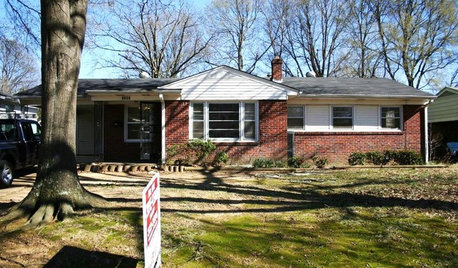Hello.
I am wondering if anyone has experience with what to do with a decommissioned oil tank in Pennsylvania. We purchased a home 6 months ago and put in geothermal heating/cooling system. We had the oil tank (1000 gal, installed in 1980) pumped out but have not done anything else. The plan was to fill it with sand, but I've done some reading that makes me worry that this could come back to bite us when we sell the house one day. I've even heard that buyers can demand that it be removed at the seller's expense (and that would really be a pain if it were filled with sand). Does anyone about this? Has anyone removed such a tank? What happens if it has holes in it. Do we have ot get a permit to get it removed? Note that it is in a reasonably accessible part of the yard to be dug up. I've contacted our local township and they were no help. I suppose I could also call the PA DEP, but I'm not sure which branch. Any words of advice would be most appreciated.










Tony2Toes
brickeyee
Related Professionals
Bayshore Gardens Architects & Building Designers · Bull Run Architects & Building Designers · Five Corners Architects & Building Designers · Oakley Architects & Building Designers · Schiller Park Architects & Building Designers · Dover General Contractors · Elyria General Contractors · Fitchburg General Contractors · Great Falls General Contractors · La Grange Park General Contractors · Lewisburg General Contractors · North Highlands General Contractors · Panama City Beach General Contractors · Aspen Hill Interior Designers & Decorators · Cusseta Interior Designers & Decoratorsgeoffrey_b
liriodendron
azzalea
ILoveCookie
marie_ndcal